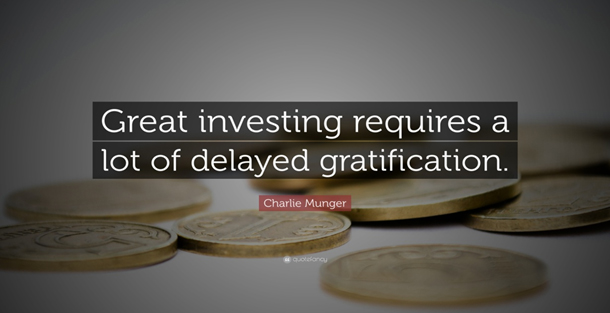It is a time to reflect, introspect and seek forgiveness. Everyone needs a reset button, a Ctrl-Alt-Del mode where we can just reboot and restart. We often, especially in the markets wildly sway between our emotions and most of us wish that we could have just done somethings differently or behaved differently or given another chance, when faced with defining moments.
While it’s impossible to go back in time and rectify your outer deeds, it’s easier to clean, audit and analyse our inner balance sheet, our inner score card and the significance of Paryushan in Jainism is one such opportunity which can be analogised with our journey as investors. Its founding pillars have many valuable lessons to imbibe, and we can draw so many parallels for them in the investing world.
Paryushan stands for practices like Non-Violence (Ahimsa), Self-discipline (Sanyam), Fasting (Tapah), Study of scriptures (Swadhyay), Introspection (Pratikraman), Repentance (Prayaschitta). Incorporating and applying these practices as process in your investing process can tremendously improve one as an investor.
Ahimsa:
In Jainism, ahimsa is the standard by which all actions are judged. Practising ahimsa makes oneself aware of their environment. It makes people more empathetic towards others, which makes us humble. Jainism tries to imbibe humility in individuals by making them appreciate the tiniest of living being and empathising with them.






